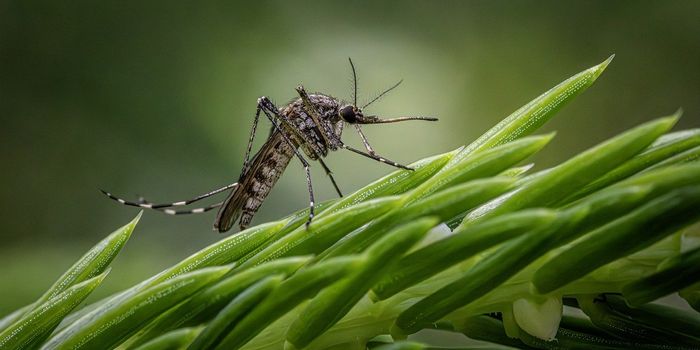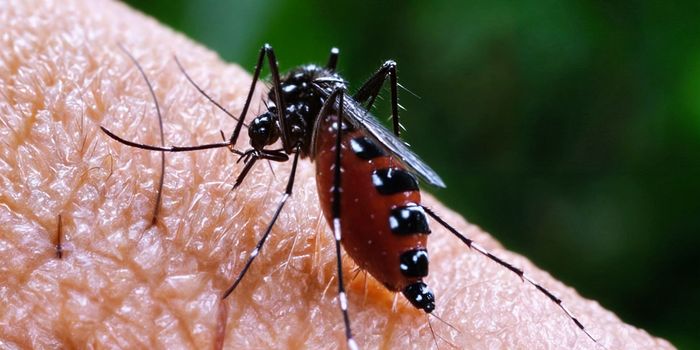Mild Fevers Can Help Eliminate an Infection Faster
When the immune system senses an infection, it launches a response that includes inflammation. Red and swollen skin, fatigue, or fever can be signs of inflammation, which typically lasts for a few days after an injury or infection. While chronic inflammation can be a sign of disease, short-term or acute inflammation is normal. A new study has emphasized the importance of this natural response. Reporting in eLife, scientists have suggested that it may be better to let a fever run its course when it is mild, instead of using medication to fight it. This work, which used a fish model, showed that untreated moderate fevers were associated with faster infection clearance, inflammation control, and tissue repair.
“We let nature do what nature does, and in this case it was very much a positive thing,” said lead study author Daniel Barreda, a joint professor at the University of Alberta.
A moderate fever is one that the body can both trigger and resolve on its own without medication, added Barreda.
In this work, fish behavior was monitored with computational tools, before and after they were given an infection. The fish had some symptoms that mimic ours; they showed signs of fatigue, immobility, and malaise. The immune responses of the fish were also evaluated.
Natural fevers were found to both activate immunity against infection, while also controlling it. Since unregulated inflammation can be very dangerous, those control mechanisms are crucial.
Fish that were allowed to get feverish cleared their infections about seven days faster compared to fish that were prevented from getting fevers. Tissue repair and inflammation regulation was improved in the feverish fish as well.
While these findings still have to be confirmed in people, the biological mechanisms that promote and maintain fever are common to most animals, so it would not be unusual for the response to be similar in us. Barreda noted that these processes have been conserved, or kept the same in animals throughout 550 million years of evolution, and every animal that has been assessed has had this infection response. There are even some animals, like insects and fish, that will risk being exposed to predators or impede their odds of reproducing in order to find an environment with a temperature that will induce a natural fever.
If animals are willing to go to all this trouble to get some benefit from fever, one wonders why we would take medication to prevent it. While non-steroidal anti-inflammatory drugs (NSAIDs) are easy to obtain at any drugstore and they can relieve mild fevers, they might not be advisable. They can stop discomfort, but the trade-off may involve a loss of the beneficial effects of fever, Barreda explained.
Sources: University of Alberta, eLife









